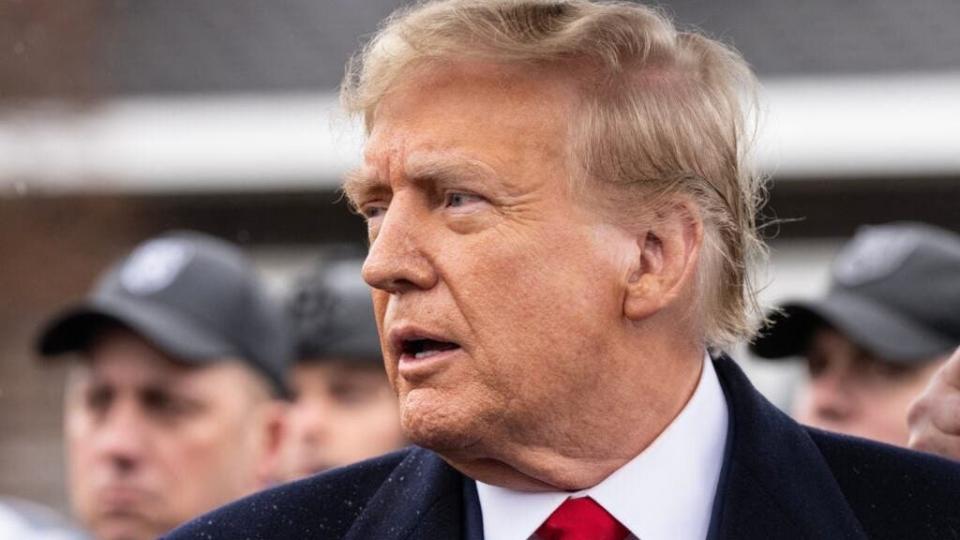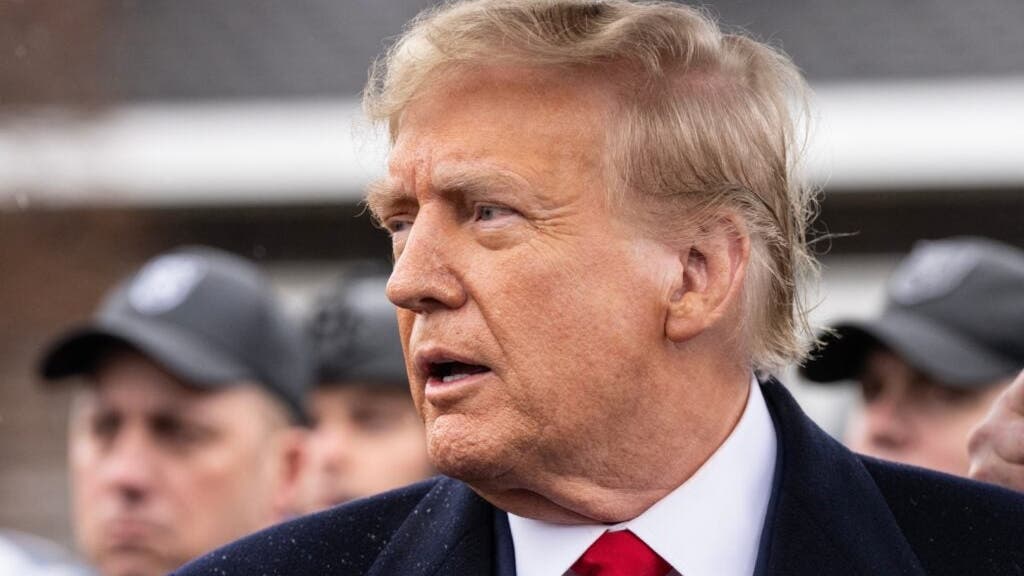
If Donald Trump is re-elected, the US housing market could be dramatically changed by higher mortgage rates and skyrocketing home prices, according to experts and recent data.
The current housing market is characterized by the highest borrowing costs in 20 years and record home prices, making home buying difficult for many Americans. With the presidential election approaching, industry experts are considering how President Trump's policies, from deregulation to tax and trade policy, may affect market dynamics and relieve some pressure or introduce new risks.
A survey released Monday by National Mortgage News found that while most mortgage professionals are Republican, most believe the direction of lenders and mortgage lending activity will remain the same regardless of who wins the next presidential election.
do not miss it:
“We don't expect this election to bring about any major changes to the mortgage industry,” Bose George, managing director at Keefe, Bruyett & Woods, told National Mortgage News.
His sentiments reflect broader skepticism about the president's influence over key economic measures, such as interest rates, which are controlled by the Federal Reserve rather than through direct political intervention.
However, The Wall Street Journal reported in April that members of the Trump campaign were developing a plan to restructure the Fed under a Trump administration (if Trump wins in November) and give him the power to set interest rates.
Such a change would be significant for Trump, who tried to influence the Fed's interest rate decisions during his previous term as president.
trend: The average American couple has this much money saved for retirement. How do they compare??
Beyond interest rates, the survey said subtle policy changes under a possible Trump presidency could foster a less burdensome regulatory environment. The Trump administration was known for stripping away regulations during its last term, which could once again create a business-friendly environment, but it could also raise concerns about the risks of poorly regulated financial activities.
Critics say looser lending standards could lead to more volatility in the market.
When it comes to the housing authority's leadership, Trump's picks could signal less aggressive regulatory oversight. Observers like Bill Kilmer, senior vice president for legislative and policy affairs at the Mortgage Bankers Association, have suggested the Trump administration will likely mimic the less hands-on approach of previous Republican appointees, focusing strictly on statutory duties and avoiding the “gray areas” that Democratic appointees often tread.
The Justice Department's ongoing investigation into real estate commissions was reignited during Trump's final term but is likely to wane under a Republican administration.
Changes in this sector could impact the landscape of real estate transactions and relieve some of the pressure on estate agent commissions.
“Any change in administration and return to a Republican administration would likely result in the Department of Justice being less active in this area,” KBW's George said in the report. “That could also change how the Department of Justice approaches the matter going forward.”
Moreover, government control over Fannie Mae and Freddie Mac could change under a second Trump administration. Trump has previously called for an end to government control of the banks and has signaled possible new efforts in that direction.
But experts, including former Federal Housing Finance Agency Administrator Mark Calabria, have warned that achieving full privatization would be a complex and lengthy process.
Finally, regarding the tax system, research has shown that the Tax Cuts and Jobs Act, signed by President Trump in 2017, will expire in 2025. President Biden is prepared to let the tax cuts expire, but President Trump is arguing for their extension, citing the risk of damaging the economy if the tax cuts expire.
Kilmer said legislation was needed to maintain incentives for real estate investment regardless of the election outcome, but a study using data from the Congressional Budget Office found that extending the cuts would increase the federal deficit by $4.6 trillion.
Continue reading:
Up your stock market game with Benzinga Pro, the #1 “News and Everything Else” trading tool in the “Active Investor's Secret Weapon” – Start your 14-day trial now by clicking here.
Want the latest stock analysis from Benzinga?
This article, “What Will Happen to the Housing Market If Donald Trump Wins the 2024 Presidential Election,” originally appeared on Benzinga.com.
© 2024 Benzinga.com. Benzinga does not provide investment advice. All rights reserved.

